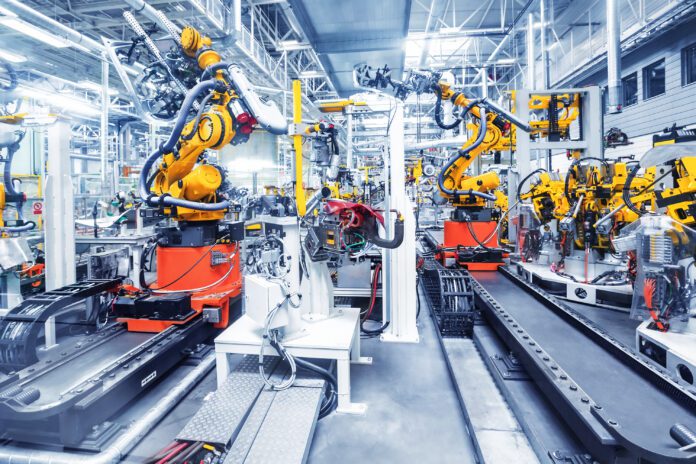
A survey of 1,350 manufacturers in 13 countries has revealed that more than 45 per cent of them are struggling to outpace their competitors due to a lack of technology and suitably skilled workforces.
Rockwell Automation‘s eighth annual State of Smart Manufacturing Report cited “balancing quality and growth” and “tracking or quantifying sustainable practices” as the most significant internal barriers impeding Asia-Pacific (APAC) manufacturers’ progress this year, compared to deploying and integrating new technology in 2022.
The study, conducted in countries such as Australia, China, India, Japan and the Republic of Korea, found that 44 per cent of APAC manufacturers plan to adopt smart manufacturing within the next year.
Out of this, some elements of smart manufacturing are already being used in China (80 per cent), Australia (60 per cent) and India (59 per cent).
The manufacturer’s report also revealed that the main obstacles for manufacturers in APAC are employee reluctance to technology adoption and change, a lack of management skills to oversee the implementation of smart manufacturing, and a lack of clarity regarding the value and return on investment of smart manufacturing.
Quality management system (QMS) is the smart manufacturing system that APAC respondents have seen the largest ROI, followed by manufacturing execution system (MES) and enterprise resource planning (ERP), according to the study.
The report then found that the main hurdle that respondents are trying to overcome with smart manufacturing initiatives is cybersecurity concerns.
Due to the implementation of technology, 88 per cent of manufacturers in APAC want to keep or increase employment, the study found.
In addition, 39 per cent of respondents think that because of their growing use of technology, companies will be able to repurpose current employees.
A competitive differentiator is cited by over half (48 per cent) of the 94 per cent of APAC manufacturers who have formal or informal environmental, social, and governance (ESG) policies in place as the primary motivator for undertaking ESG efforts.
“Manufacturers are continuing to seek opportunities for profitable growth but are realising that uncertainty in workforce availability is impacting quality, along with their ability to meet evolving customer needs,” said Veena Lakkundi, Rockwell’s senior vice president for corporate strategy and development.
Lakkundi noted that the survey further revealed that smart manufacturing technology is enabling businesses of all sizes to maximise more durable, flexible, and sustainable solutions that quicken transition.
“If we’ve learned anything from history, it’s that organisations that invest in innovation, with a bias for action, during times of uncertainty can outpace competitors,” she added.
This study, which was carried out by Rockwell Automation in collaboration with Sapio Research and Plex, examined the feedback of respondents from 13 of the top manufacturing nations in positions ranging from management to the C-suite.




















